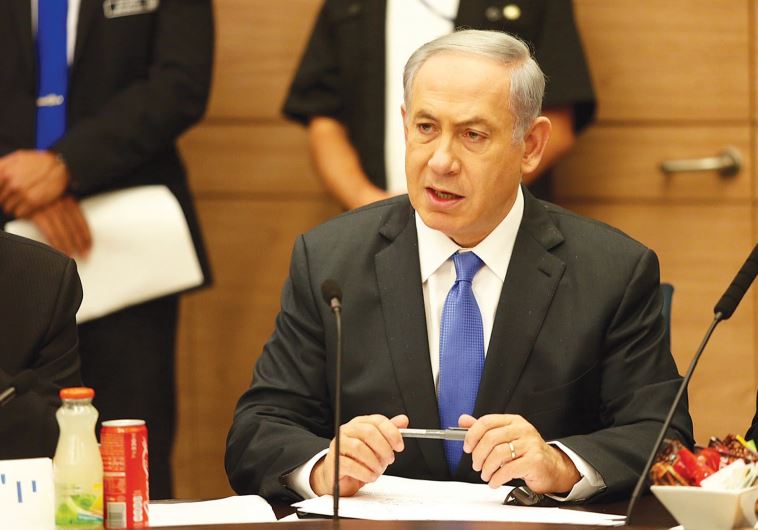Netanyahu's coalition conundrums and the pitfalls that lie ahead
Netanyahu began to feel the weight of having only a 61-seat coalition when he was forced to give in on a procedural motion on the natural gas deal.
 Prime Minister Benjamin Netanyahu speaks at a Likud faction meeting(photo credit: MARC ISRAEL SELLEM/THE JERUSALEM POST)ByGIL STERN STERN HOFFMAN
Prime Minister Benjamin Netanyahu speaks at a Likud faction meeting(photo credit: MARC ISRAEL SELLEM/THE JERUSALEM POST)ByGIL STERN STERN HOFFMAN